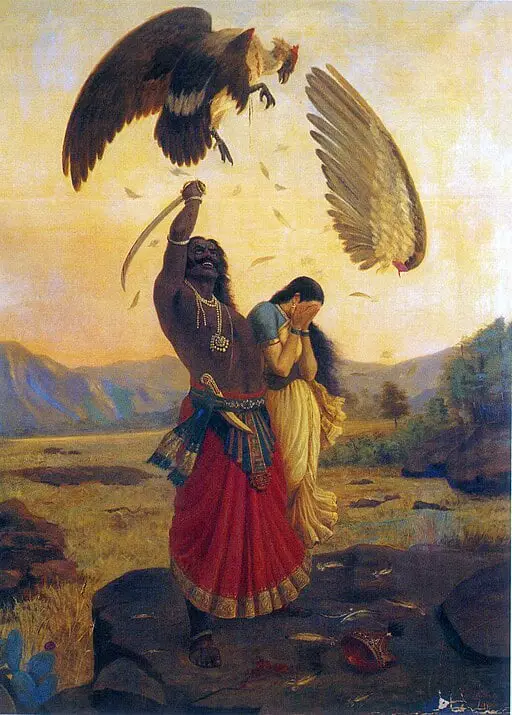Itihasa and Purana are two major categories of Hindu literature. These texts are considered as a vital source of knowledge and wisdom in Hinduism. They provide a glimpse into the history, culture, and beliefs of ancient India. Despite their similarities, Itihasa and Purana are different in their content, tone, and style. In this article, we will explore these differences and their significance.
Itihasa and Purana: Two Major Categories of Hindu Literature
Two broad categories of Hindu literature. The term Itihasa means “thus indeed it happened” and refers to the historical accounts of ancient India. It includes the two most important works in Hinduism, namely the Ramayana and the Mahabharata. On the other hand, the term Purana means “ancient tales” and refers to the mythological and cosmological accounts of ancient India. It includes 18 major texts that cover a range of topics, including creation, gods and goddesses, rituals, and ethics.
Considered the fifth Veda in Hinduism. They are written in Sanskrit and are believed to be composed over many centuries. These texts provide a rich source of information about the social, cultural, and religious practices of ancient India. They have also influenced other cultures and religions and continue to be relevant today.
The Differences and Their Significance
The main difference between them is their content and tone. Itihasa focuses on historical events and characters, while Purana focuses on mythological and cosmological accounts. Itihasa texts are more realistic, while Purana texts are more imaginative and symbolic. The tone of Itihasa is serious and sober, while the tone of Purana is poetic and metaphorical.
The significance of these differences is that Itihasa provides a more realistic and historical account of ancient India, while Purana provides a more symbolic and metaphorical account. Itihasa provides a glimpse into the lives of ancient characters, their struggles, and their achievements. It also provides a moral and ethical framework for living a good life. Purana provides a rich source of mythology and cosmology that helps us understand the nature of existence and the role of gods and goddesses in it.
In conclusion, These two major categories of Hindu literature are different in their content, tone, and style. While Itihasa provides a more historical account of ancient India, Purana provides a more mythological and cosmological account. Both texts offer a wealth of knowledge and wisdom that has inspired generations of people. They are an essential part of Hinduism and continue to be studied and celebrated today.
Image credit
Raja Ravi Varma, Public domain, via Wikimedia Commons
